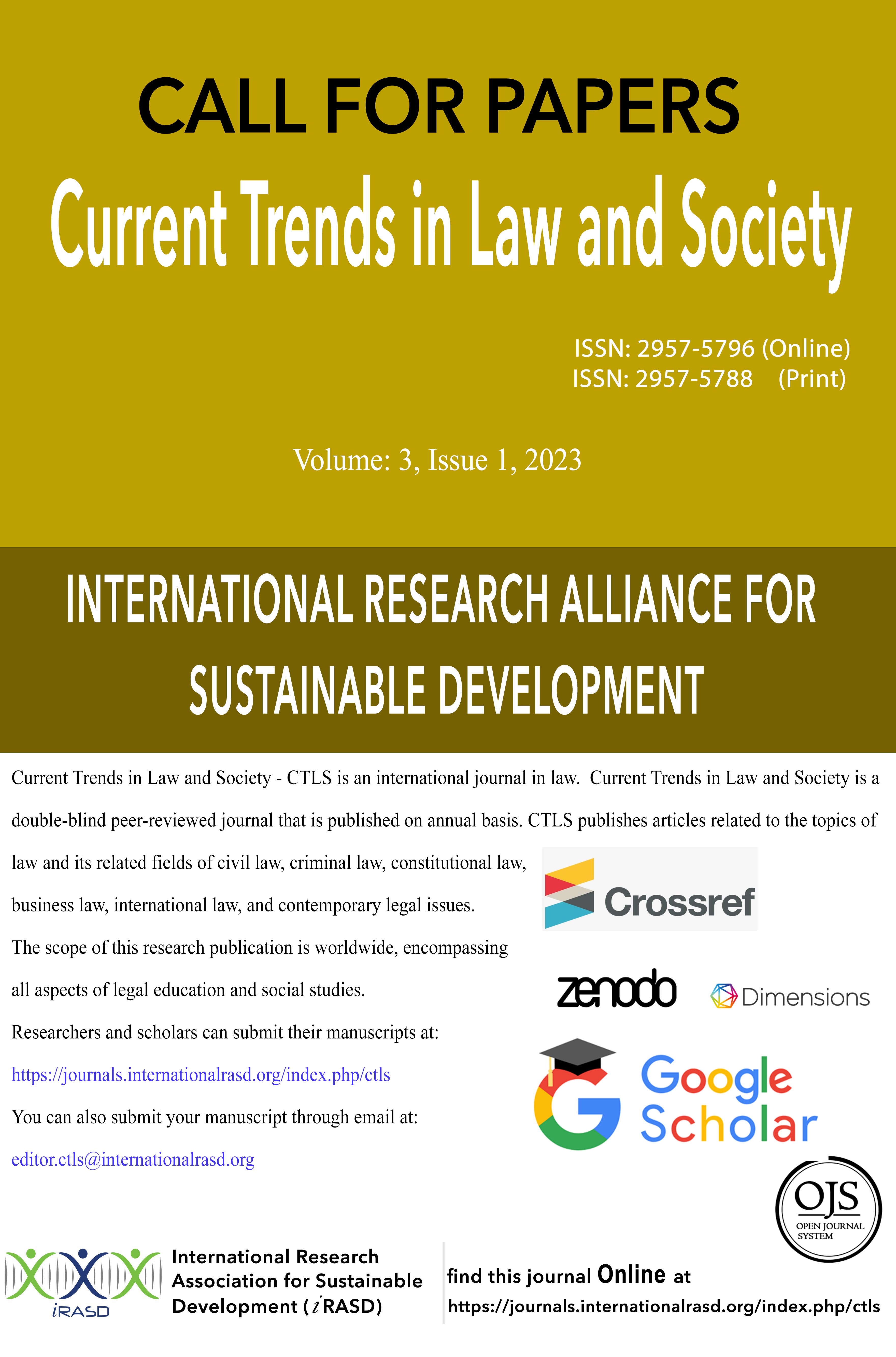Forgiveness Across Gender and Other Demographics: A Brief Review
DOI:
https://doi.org/10.52131/ctls.2024.0401.0036Keywords:
Forgiveness Disposition, Reliability, Urdu Version, Gender DifferenceAbstract
The reliability of the Heartland Forgiveness Scale (HFS) Urdu version was evaluated in this article, along with the gender differences between males and females in adults. This is an 18-item self-report questionnaire devised to assess a person's forgiving disposition. In accordance with research by Davis, Hook, Van Tongeren, and Worthington Jr (2012), Goman, Kelley, and Wiesenthal’s (2016), and Johnstone et al. (2015), forgiveness, a coping strategy, enhances relationships by facilitating healing, transformation, and liberation, thereby fostering social harmony and promoting healing and enhancing interpersonal relationships. The sample composed of 160 adults (80 females, 80 males) age range was 21 to 47 (M=30.65, SD = 4.836) through convenience sampling technique. Moreover, in this study personal information form (Rohner & Berger, 2023) was used to collect student and teacher demographic information and validity and reliability studies were carried out, were applied. The scale consists of 18 items with 7-points Likert option. The finding of this study revealed that Urdu version (HFS) had adequate internal consistency (?=.75) and it can be used to assess to forgiveness disposition among Pakistani sample. Moreover, t test also calculates to examine gender difference in forgiveness between male and female result indicates (t=1.219) which indicates insignificant gender difference among participants.
Downloads
Published
Issue
Section
License
Copyright (c) 2024 Beenish Sarfaraz, Zahid Iqbal, Rimsha Nadeem

This work is licensed under a Creative Commons Attribution-NonCommercial 4.0 International License.







